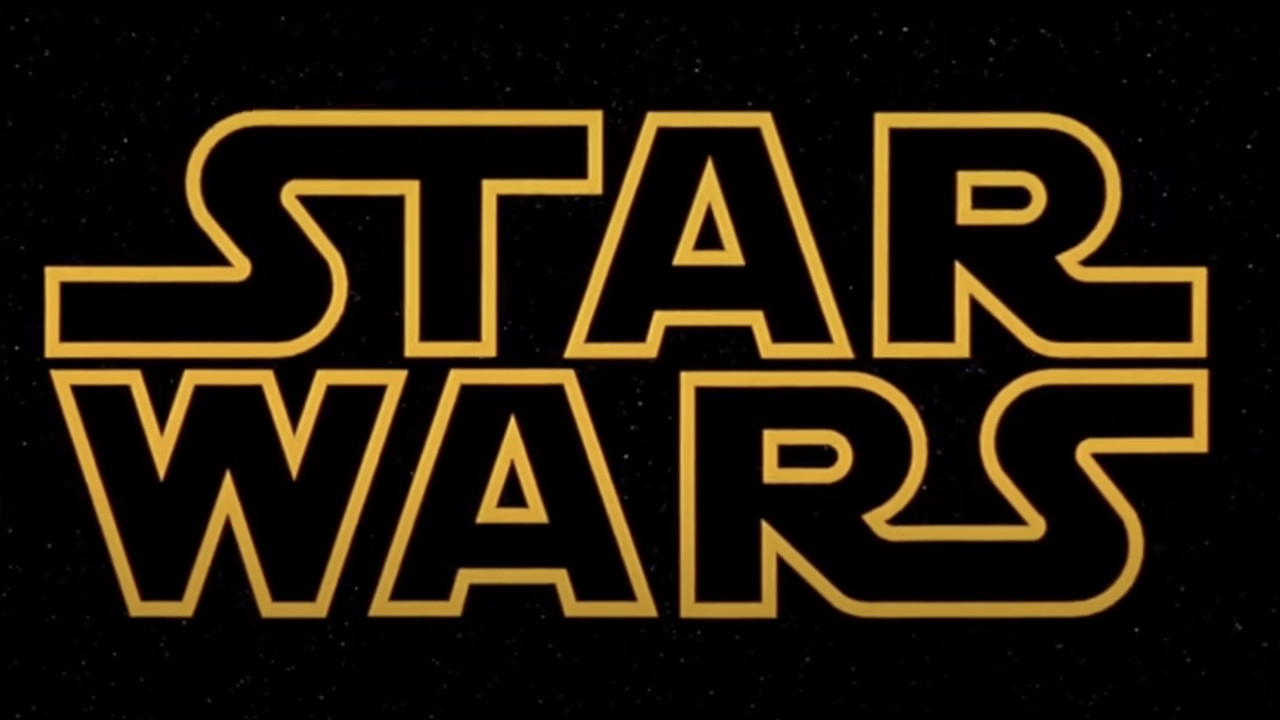Let's face it, if you're eager to see Step Up Revolution, you probably don't care much about the plot. This franchise thrives on its always-beautiful romantic leads and the dynamic dances they and their enviably cool crews perform. Which is why it's so disappointing that the fourth installment in this film series is overstuffed with plot that detracts from the dance.
Having two-stepped through Baltimore and New York City, Step Up producers Adam Shankman and Jennifer Gibgot move the action to Miami, Florida, and use the hot new locale as an excuse to show lots of skin, often in slow motion. Regrettably, the heat between this feature's leads (Ryan Guzman and Kathryn McCormick) is lacking. McCormick made her mark as a contestant on the popular dance competition series So You Think You Can Dance, and while a powerful dancer, her acting leaves plenty to be desired. For his part, Guzman proves a capable dance partner, which is a pleasant surprise since he is a model/mixed martial artist and makes his film debut here. Yet neither has the kind of mesmerizing screen presence or captivating swagger that Channing Tatum (of Step Up and Step Up 2: The Streets) possesses, leaving the love story lackluster.
It's a pale imitation of the Dirty Dancing plotline that the series has retread again and again (rich girl dreams of dancing, falls for blue-collar boy dancer her father doesn't approve of) but first-time screenwriter Jenny Mayer brings nothing fresh to the table. The dialogue is painfully awkward with lines like, "I wish you could want for me what I want for myself," and, "I'm your boss, not your homey!" Then to make matters worse, Mayer overburdens what should be a frothy and frolicking feature with a dizzying and sloppy string of subplots. Aside from the love story, Daddy's girl Emily (McCormick) seeks a spot in a prestigious dance company, while trying to gain the acceptance of her real-estate developer father (Peter Gallagher), who'd rather she be his protégé. Searching for an edge for her audition, Emily joins Sean (Guzman) and his flash mob-favoring dance troupe. Known as The Mob, they pursue their dreams of becoming professional performers through the 2012 version of the talent show plotline, a Youtube hits contest, where the first Youtube Channel to 10 million views wins a grand cash prize.
But that's not all! While Sean and Emily fall in love and dance together toward their own goals, they also have to fight off the evil gentrification her father has planned for the Cuban neighborhood The Mob calls home. Rather than talking to him, Emily decides their performance art should become protest art that shows her father in the most confounding way possible that the neighborhood is not for sale.
Still, the wooden leads, laughable dialogue and overeager plot could all be mostly forgiven if the dance scenes were simply stupendous. Though they are gorgeously choreographed and performed with charisma and awe-inspiring skill, they are not captured in fluid long takes that would allow viewers to fully appreciate them. Instead director Scott Speer relies on a manic quick cut style, and with each speed ramp, jump cut, and leap to a new angle, the flow of the complicated dance numbers is severed, deadening their impact. Another mystifying editing choice is the recurring inclusion of reaction shots of flash mob bystanders. Their amazed faces serve as the same kind of lazy shorthand as a sitcom laughtrack, plainly pointing out to the actual audience how they should be reacting. It's a shame the filmmakers hired so many remarkable dancers but then cut the film as if they hadn't.
For all its faults, Step Up Revolution does achieve some movements of well-earned bliss. The flash mob was counted as tired last summer when it was used in the rom-com Friends With Benefits, but it's a welcomed excuse for the kind of ambitious group dance numbers on display here. Taking their passion for performing to the streets, a swanky restaurant and the lobby of a corporate headquarters, The Mob makes the best of each locale blending dance styles to create something inspired and keenly entertaining. The scenes are wonderfully vibrant, peppered with familiar faces, and embracing a playful level of fantasy the franchise could make better use of. A sequence where The Mob preps for a flash mob performance at an art gallery gamely plays like a heist movie, and a running gag about hidden cameras is likewise willfully silly. It's this level of levity where Step Up is best suited. Sadly, while the dance scenes often reach these winsome heights, they are repeatedly brought low by the too stern ambitions of the film's makers.
Staff writer at CinemaBlend.












